Home / kolkata / Mamata Banerjee's Call for UN Peacekeepers in Bangladesh Sparks Political Clash with BJP
Mamata Banerjee's Call for UN Peacekeepers in Bangladesh Sparks Political Clash with BJP
By: My India Times
3 minutes read 55Updated At: 2024-12-02
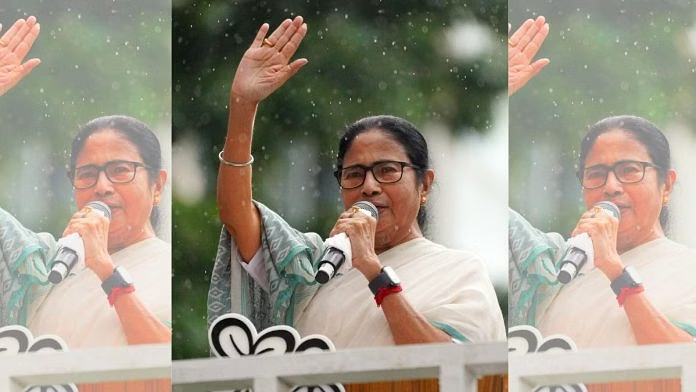
West Bengal Chief Minister Mamata Banerjee stirred a fresh political storm by demanding the deployment of United Nations (UN) peacekeepers in Bangladesh to protect Hindus amid rising attacks on religious minorities. Banerjee further accused the Center of keeping quiet about the ongoing violence against Hindus in the neighboring countries and urged Prime Minister Narendra Modi to act decisively. The Bharatiya Janata Party (BJP) has accused her of being hypocritical and taking advantage of the situation for political ends, while her comments have sparked a contentious debate.
1. Mamata’s Bold Call for UN Intervention
Addressing the West Bengal Assembly, Banerjee proposed two key measures: the deployment of UN peacekeepers and immediate intervention by Prime Minister Modi to ensure the safety of minorities in Bangladesh. "Let the Prime Minister address the matter and request UN involvement," she said. While minorities, particularly Hindus, are being attacked, we cannot keep quiet.
Banerjee's appeal coincides with a rise in Hindu-related violence in Bangladesh, where crowds have allegedly attacked religious leaders and temples. She promised the Center of West Bengal's cooperation in tackling illegal immigration, a persistent problem in the area, marking a rare instance of bipartisan backing for her position.
2. ISKCON Priests’ Arrest: A Catalyst for the Crisis
The arrest of ISKCON priest Chinmoy Krishna Das in Bangladesh on sedition charges has become a flashpoint for the escalating tensions. Radharamn Das, Vice President of ISKCON Kolkata, criticized international bodies for their inaction, stating that both the UN and other peace organizations have failed to protect Hindus in Bangladesh. Religious groups have expressed indignation over the alleged detention of two more Hindu priests.
“The attacks on temples and religious leaders cannot be ignored,†said Radharamn Das. “We need urgent global intervention to ensure the safety of our community.â€
3. BJP’s Response: “Crocodile Tears†Accusation
The BJP wasted no time in accusing Mamata Banerjee of hypocrisy, labeling her concerns as “crocodile tears.†BJP leaders pointed to her past actions, claiming she had suppressed Hindu religious groups like Ramakrishna Mission and ISKCON in West Bengal to appease Muslim voters.
“Mamata Banerjee’s sudden concern for Hindus is politically motivated,†a BJP spokesperson said. “She has a history of targeting Hindu organizations, and now she is pretending to care. Her actions speak louder than words.â€
The BJP also accused Banerjee of using the crisis in Bangladesh to divert attention from domestic issues, including governance challenges in West Bengal.
4. India’s Diplomatic Stand: Strong Warning to Bangladesh
Meanwhile, India’s Ministry of External Affairs (MEA) has issued a stern warning to Bangladesh, urging its interim government to protect minorities and prevent extremist rhetoric from escalating further. On November 26, India expressed grave concern over the arrest of ISKCON’s Chinmoy Das, emphasizing that Bangladesh must uphold its commitment to safeguarding minority rights.
An MEA official stated, “The protection of all minorities is the responsibility of the Bangladeshi government. We expect swift action to ensure the safety and security of Hindus.â€
5. Political Implications: Regional Stability at Risk
Mamata Banerjee’s call for UN peacekeepers has triggered a diplomatic dilemma, highlighting the fragile balance between domestic politics and regional stability. The violence in Bangladesh not only threatens bilateral relations but also has the potential to impact the broader geopolitical landscape in South Asia.
India’s response to the situation will be closely watched, as it could set a precedent for future diplomatic interventions in neighboring countries experiencing religious conflict.
Conclusion: A Diplomatic Crossroads
As the crisis unfolds, the Indian government faces the dual challenge of addressing domestic political rivalries and managing a sensitive diplomatic situation. Mamata Banerjee’s call for UN peacekeepers has added fuel to the fire, creating a high-stakes environment where India’s actions will have far-reaching consequences.
Both the Centre and the West Bengal government must tread carefully to ensure that the interests of minorities in Bangladesh are protected without exacerbating regional tensions.
....West Bengal Chief Minister Mamata Banerjee stirred a fresh political storm by demanding the deployment of United Nations (UN) peacekeepers in Bangladesh to protect Hindus amid rising attacks on religious minorities. Banerjee further accused the Center of keeping quiet about the ongoing violence against Hindus in the neighboring countries and urged Prime Minister Narendra Modi to act decisively. The Bharatiya Janata Party (BJP) has accused her of being hypocritical and taking advantage of the situation for political ends, while her comments have sparked a contentious debate.
1. Mamata’s Bold Call for UN Intervention
Addressing the West Bengal Assembly, Banerjee proposed two key measures: the deployment of UN peacekeepers and immediate intervention by Prime Minister Modi to ensure the safety of minorities in Bangladesh. "Let the Prime Minister address the matter and request UN involvement," she said. While minorities, particularly Hindus, are being attacked, we cannot keep quiet.
Banerjee's appeal coincides with a rise in Hindu-related violence in Bangladesh, where crowds have allegedly attacked religious leaders and temples. She promised the Center of West Bengal's cooperation in tackling illegal immigration, a persistent problem in the area, marking a rare instance of bipartisan backing for her position.
2. ISKCON Priests’ Arrest: A Catalyst for the Crisis
The arrest of ISKCON priest Chinmoy Krishna Das in Bangladesh on sedition charges has become a flashpoint for the escalating tensions. Radharamn Das, Vice President of ISKCON Kolkata, criticized international bodies for their inaction, stating that both the UN and other peace organizations have failed to protect Hindus in Bangladesh. Religious groups have expressed indignation over the alleged detention of two more Hindu priests.
“The attacks on temples and religious leaders cannot be ignored,†said Radharamn Das. “We need urgent global intervention to ensure the safety of our community.â€
3. BJP’s Response: “Crocodile Tears†Accusation
The BJP wasted no time in accusing Mamata Banerjee of hypocrisy, labeling her concerns as “crocodile tears.†BJP leaders pointed to her past actions, claiming she had suppressed Hindu religious groups like Ramakrishna Mission and ISKCON in West Bengal to appease Muslim voters.
“Mamata Banerjee’s sudden concern for Hindus is politically motivated,†a BJP spokesperson said. “She has a history of targeting Hindu organizations, and now she is pretending to care. Her actions speak louder than words.â€
The BJP also accused Banerjee of using the crisis in Bangladesh to divert attention from domestic issues, including governance challenges in West Bengal.
4. India’s Diplomatic Stand: Strong Warning to Bangladesh
Meanwhile, India’s Ministry of External Affairs (MEA) has issued a stern warning to Bangladesh, urging its interim government to protect minorities and prevent extremist rhetoric from escalating further. On November 26, India expressed grave concern over the arrest of ISKCON’s Chinmoy Das, emphasizing that Bangladesh must uphold its commitment to safeguarding minority rights.
An MEA official stated, “The protection of all minorities is the responsibility of the Bangladeshi government. We expect swift action to ensure the safety and security of Hindus.â€
5. Political Implications: Regional Stability at Risk
Mamata Banerjee’s call for UN peacekeepers has triggered a diplomatic dilemma, highlighting the fragile balance between domestic politics and regional stability. The violence in Bangladesh not only threatens bilateral relations but also has the potential to impact the broader geopolitical landscape in South Asia.
India’s response to the situation will be closely watched, as it could set a precedent for future diplomatic interventions in neighboring countries experiencing religious conflict.
Conclusion: A Diplomatic Crossroads
As the crisis unfolds, the Indian government faces the dual challenge of addressing domestic political rivalries and managing a sensitive diplomatic situation. Mamata Banerjee’s call for UN peacekeepers has added fuel to the fire, creating a high-stakes environment where India’s actions will have far-reaching consequences.
Both the Centre and the West Bengal government must tread carefully to ensure that the interests of minorities in Bangladesh are protected without exacerbating regional tensions.
By: My India Times
Updated At: 2024-12-02
Tags: kolkata News | My India Times News | Trending News | Travel News
Join our WhatsApp Channel







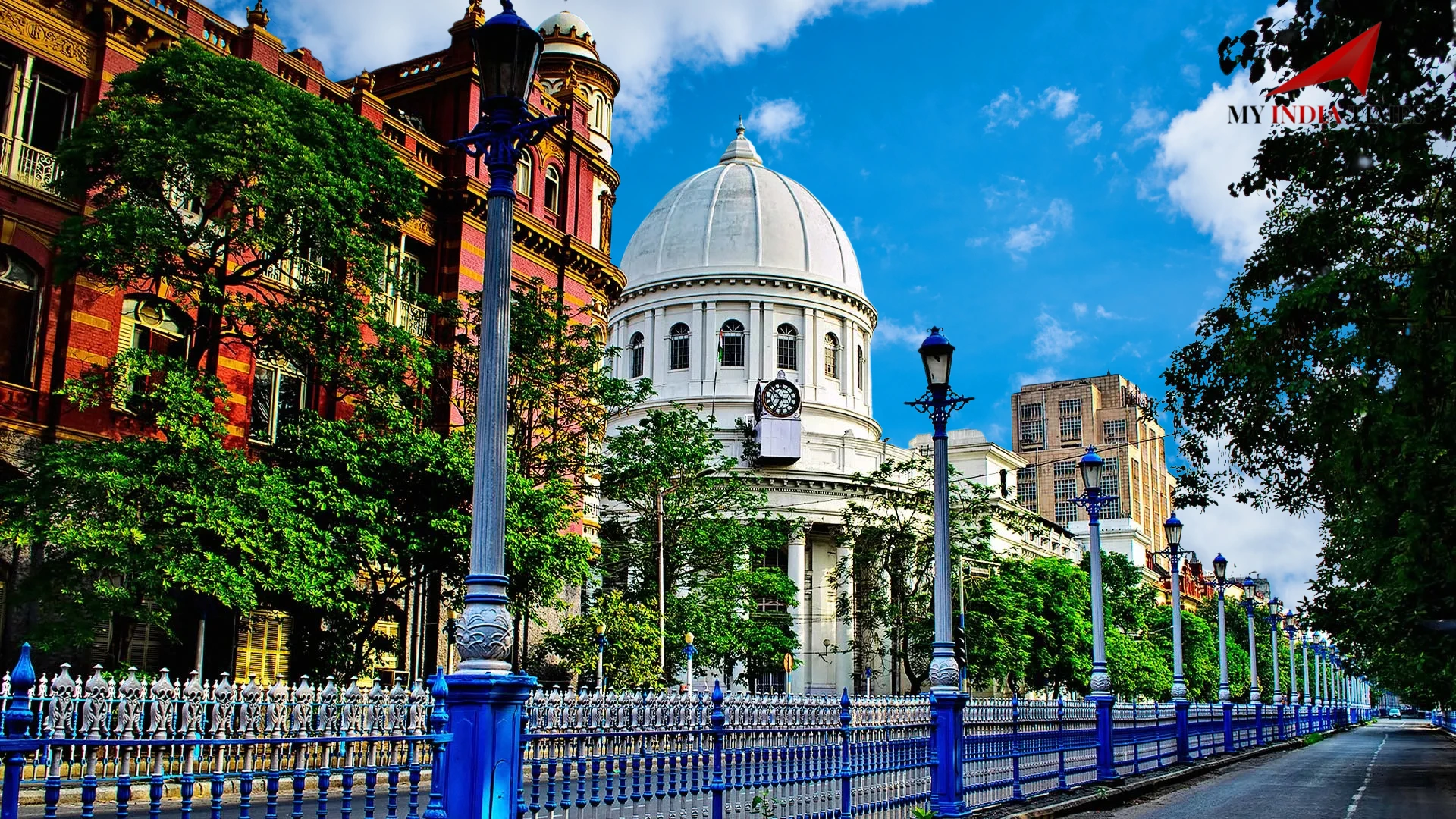



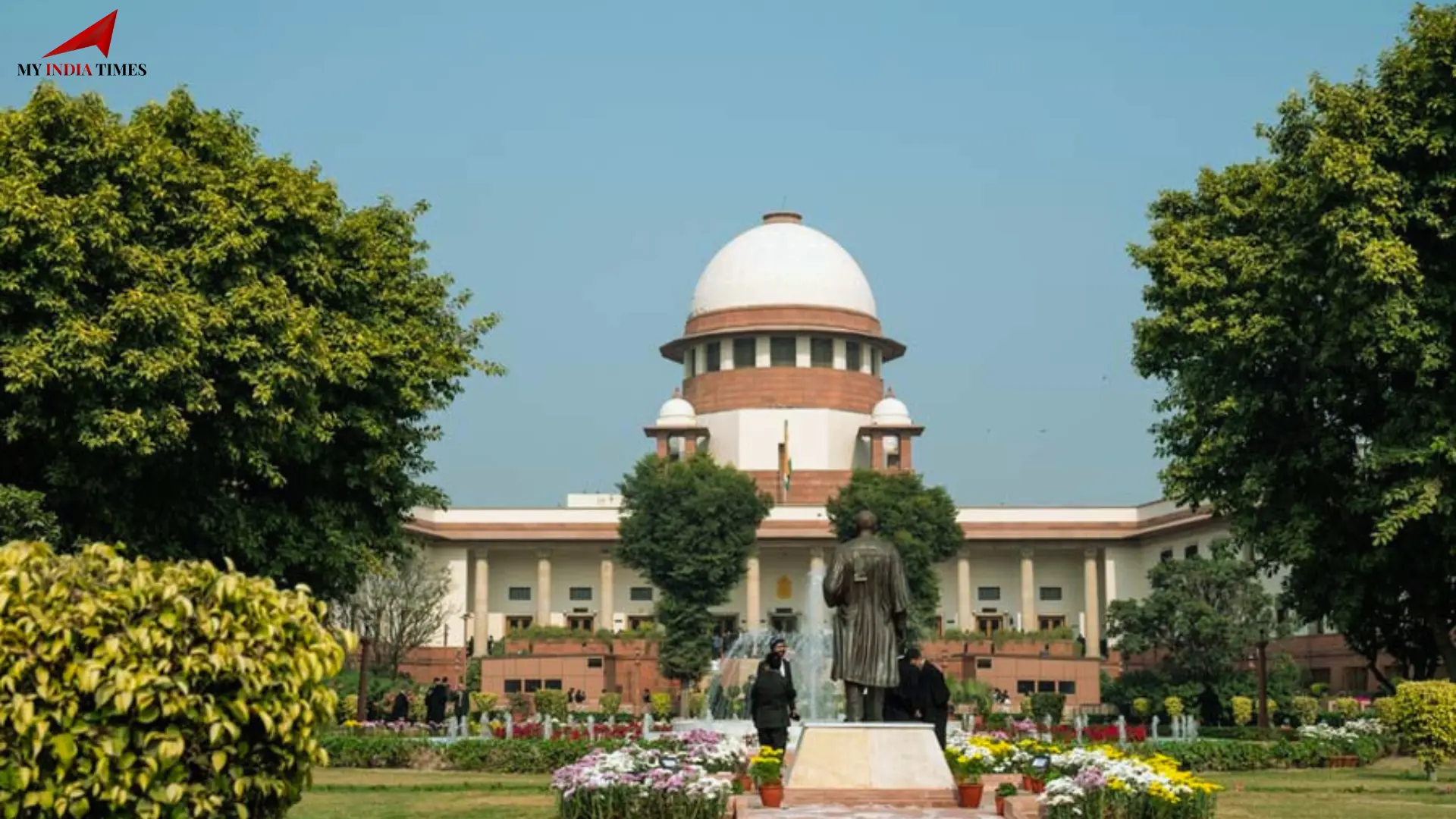


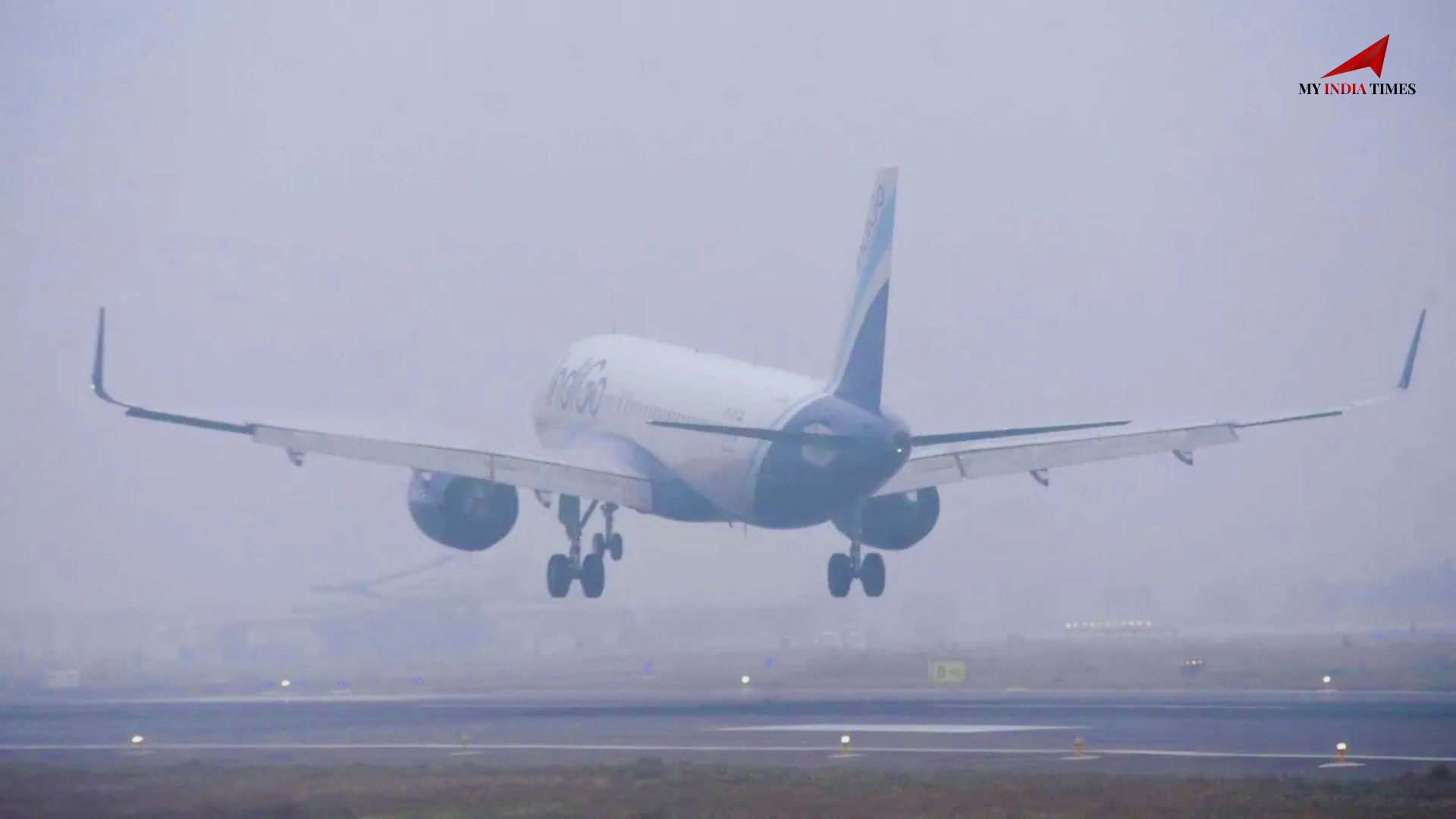
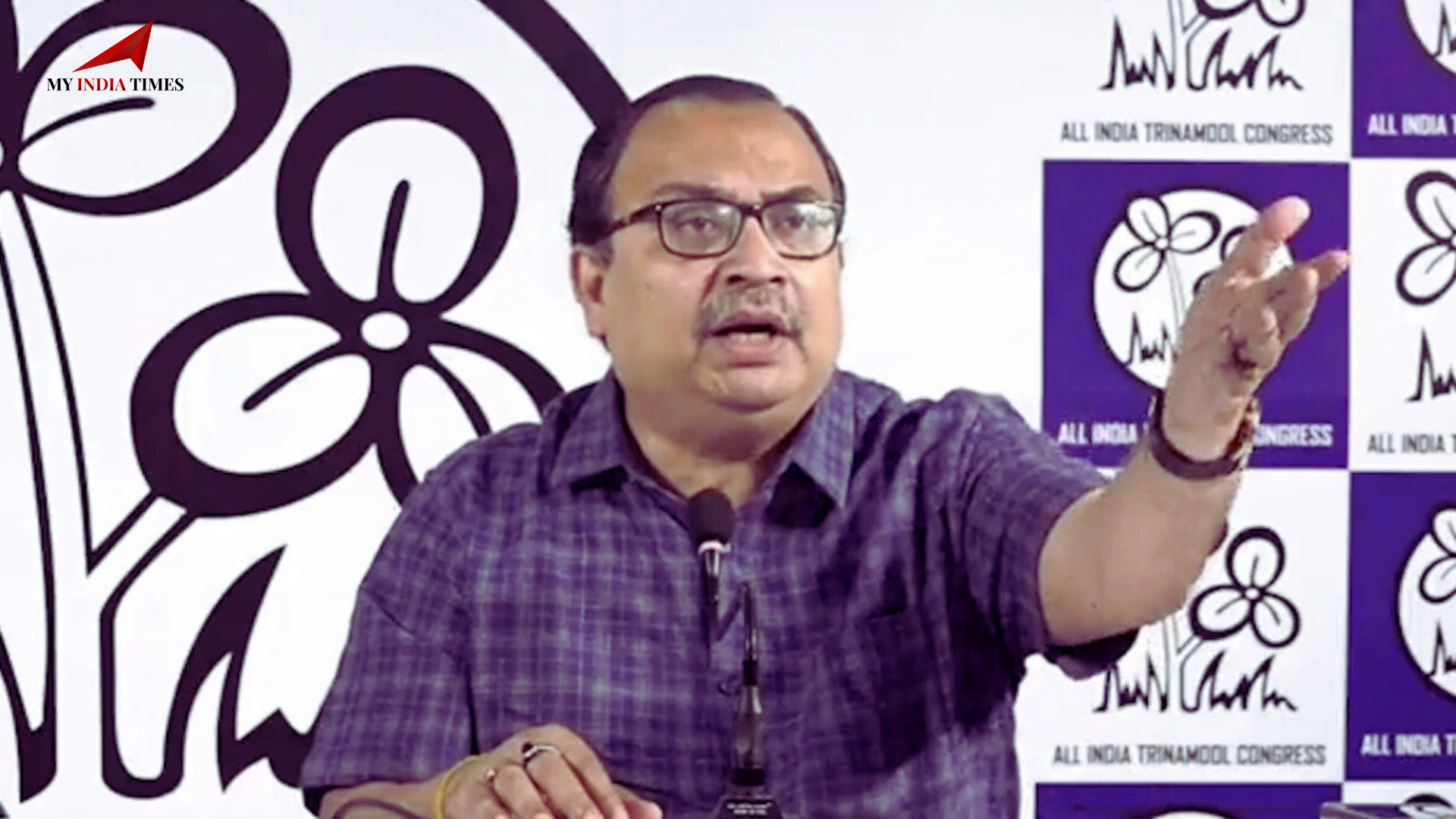


























































































.png)
 (1).png)























